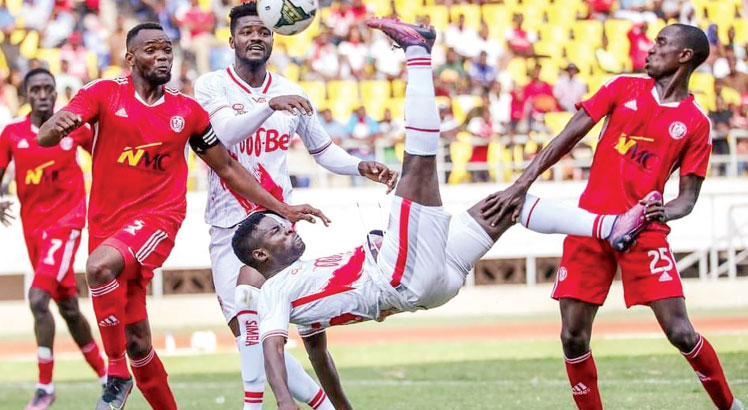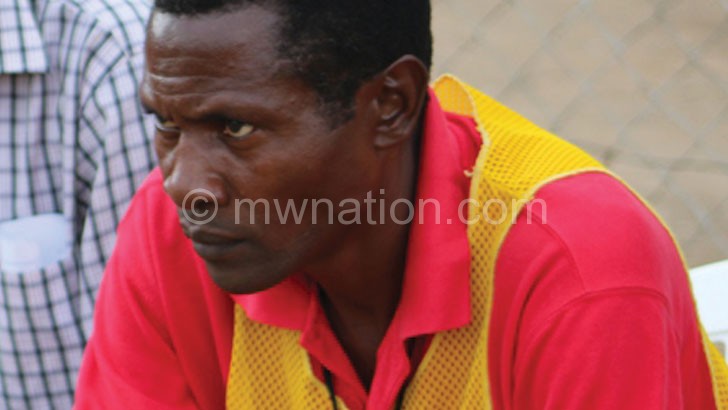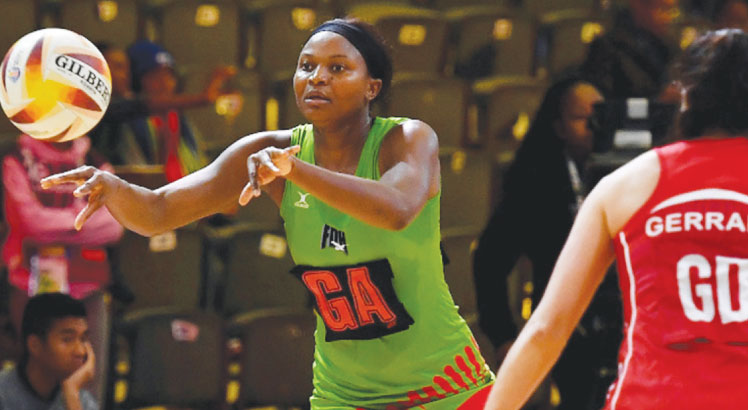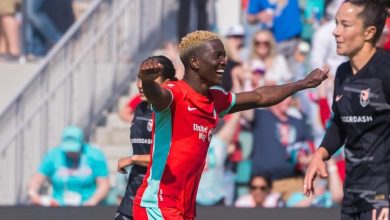FAM cautioned on players in diaspora
Football Association of Malawi’s (FAM) says it relies on video clips and recommendations from football experts to scout Malawian talent in diaspora.
FAM general secretary (GS) Alfred Gunda made the revelation in an interview after soccer analysts wondered whether the association has a criteria to monitor and assess players in diaspora before drafting them into national teams.
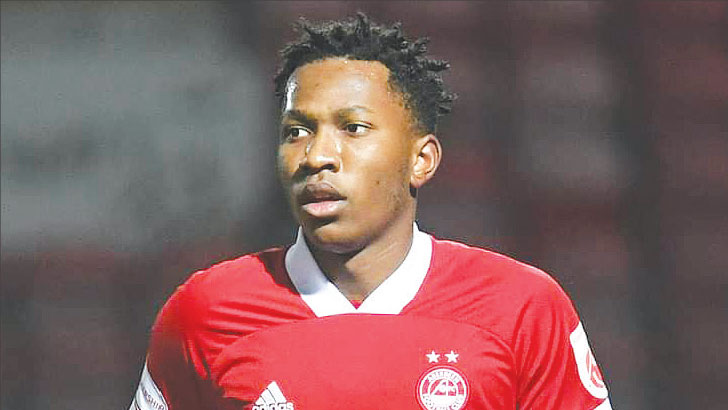
The analysts’ advice comes in the wake of FAM’s plan to intensify its drive to woo players in diaspora following Scotland-based defender Kieran Ngwenya’s impressive performance in his debut against Tanzania in an international friendly match.
While commending FAM for the move, football analysts George Kaudza Masina and George Chiusiwa said the drive could be a waste of resources, if the players in diaspora are not properly assessed as some of them might not be better than local-based players.
Players in diaspora that have been considered for national duty include Ngwenya, Zizwa Hanjahanja, who is based in Spain and Kenya-based Andrew Maliselo.
Last year, Maliselo had brief appearances with the Junior Flames before having a three-minute debut for the senior national team during an international friendly against Zimbabwe and he has not been called up again.
But Gunda said they monitor the players performance at their respective clubs in foreign leagues and they are only brought into the country after impressing the coaches.
He said: “These players are properly assessed and they impress the national teams technical panels before being given a chance to try their luck in the national teams.
“However, the problem is that most of them fail to follow through with the required play, pace and attitude of the national teams. As such, they struggle to gel with local players.”
Gunda said despite impressing in their respective foreign leagues, the players are supposed to come home to see if they can fit into the national teams’ system of play and gel with other local-based players.
“Football leagues have varying levels of competitiveness and demands. Moreover, there are certain players that perform well at club level, but fail to do the same on national duty. This is why such players have to be assessed to see if they can effectively work together as a team,” he said.
The FAM GS explained that, with the country’s laws now allowing dual citizenship, they will keep on monitoring more players in diaspora to ensure that Malawi football benefits as is the case with other successful national teams such as France.
Recently, the Malawi Parliament amended the Citizenship Act to allow dual citizenship, which gives domestic sports, including football, the green light to search for talent of Malawian roots abroad to help improve the national teams’ performance.
However, Kaudza Masina and Chiusiwa said FAM and the national teams’ technical panels have to tread carefully on their hunt for players in diaspora to avoid demotivating the Flames.
“It has to be appreciated that not everything foreign is the best. As such not every Malawian in diaspora qualifies to be called into the Flames camp. Let our coaches first monitor these players and be convinced that they can offer something better than our local players before calling them up,” Kaudza Masina said.
He concurred with Chiusiwa that only players that prove to be much better than the locals should be considered for national team duties to avoid demoralising the existing hard-working local players.
“If you look carefully, you will note that most players from diaspora are interested to play for the Flames after qualifying for next year’s African Cup of Nations, where exposure to most lucrative deals is guaranteed. Therefore, it is better to concentrate on the locals that worked hard to qualify the team. Players in diaspora should only be considered if they prove to be much better than the locals,” Chiusiwa said.
Former Flames coach Yasin Osman explained that players in the diaspora will raise the performance of the national teams and help to improve the performance of our home-based players, “but what is important is to only call up those that are playing regularly and doing well”.


